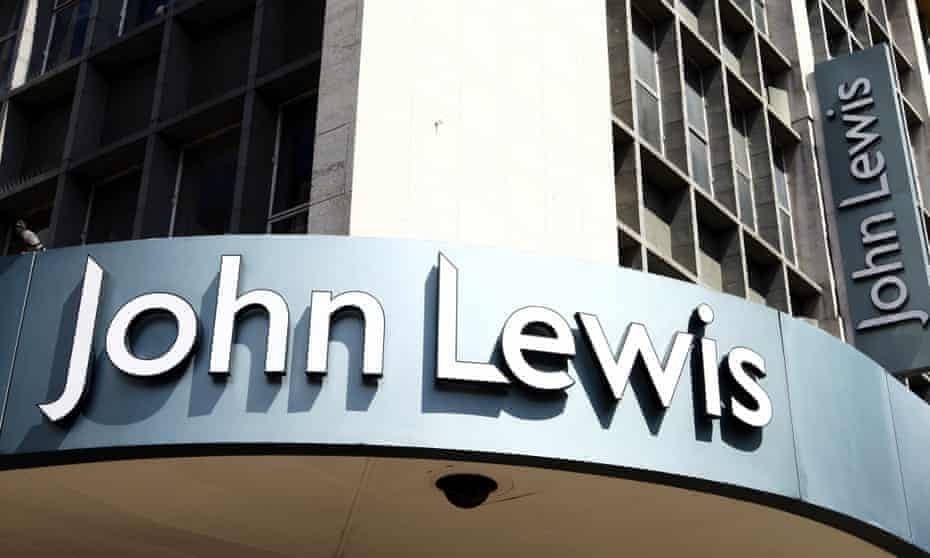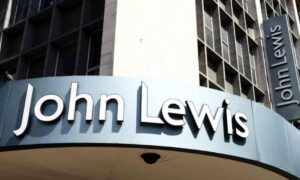Proposals by loss-making retailer John Lewis to discontinue more than seven decades as a 100% employee-owned business have received criticism from an MP and advocates its mutual ownership model, Entrepreneurng report.
According to reports, Sharon White, the chair of the corporation that owns Waitrose and the chain of stores bearing her name, thinks that by weakening the mutual model, the company may attract up to £2 billion in new investment.
After reporting a worse-than-anticipated £230 million annual loss on Friday, John Lewis announced it will have lost positions and eliminated the normal staff bonus for only the seventh time since 1953.
While advocates of the mutual model cautioned against weakening more than 70 years of 100% employee ownership, attempts to raise new money were claimed to be in the early stages.
The plan, according to Labour’s shadow trade minister Gareth Thomas, is “extremely concerning” and shows that Britain hasn’t done more to broaden the “permanent capital” model, which British building societies can use to raise money.
He called on the Government to expand the option to companies other than building societies and said the model was utilized in Australia, allowing economic investment from an outside investor without hurting mutual ownership.
The organization Mutuo, which supports cooperative company models, referred to allegations of John Lewis’ plan as “shocking” and supported Thomas’s call for legislation to let mutuals raise money without compromising employee ownership.
Moving away from communal ownership would be “terribly short-sighted,” according to John Hawksworth, a former head economist at the accountancy firm PwC.
“We’ve always maintained we would seek partnerships to help fund our transformation and exciting development plans,” a John Lewis Partnership representative said.”
“In the past, we did this with the supermarket delivery business Ocado, and we’re doing it with the investment firm Abrdn right now. Our partners [JLP’s term for personnel], who own the business, will be the first to hear about any developments.”
According to the plans White is considering, an investor could acquire a small stake, with the retailer’s “partnership council” of approximately 60 employees having the final say.
According to White, who spoke last week as John Lewis revealed significant losses, the company has struggled since the pandemic amid a broader shift from high street to online shopping and the cost of the living problem brought on by high inflation, which has driven customers to discounter rivals.
In contrast to experts’ predictions of £50 million and a profit of £181 million the year prior, the business recorded an underlying pre-tax loss of £78 million in the year ending on 28 January.
In conclusion, the total loss increased to more than £230 million due to write-downs of the value of Waitrose outlets following weak sales.
Source: The Guardian



